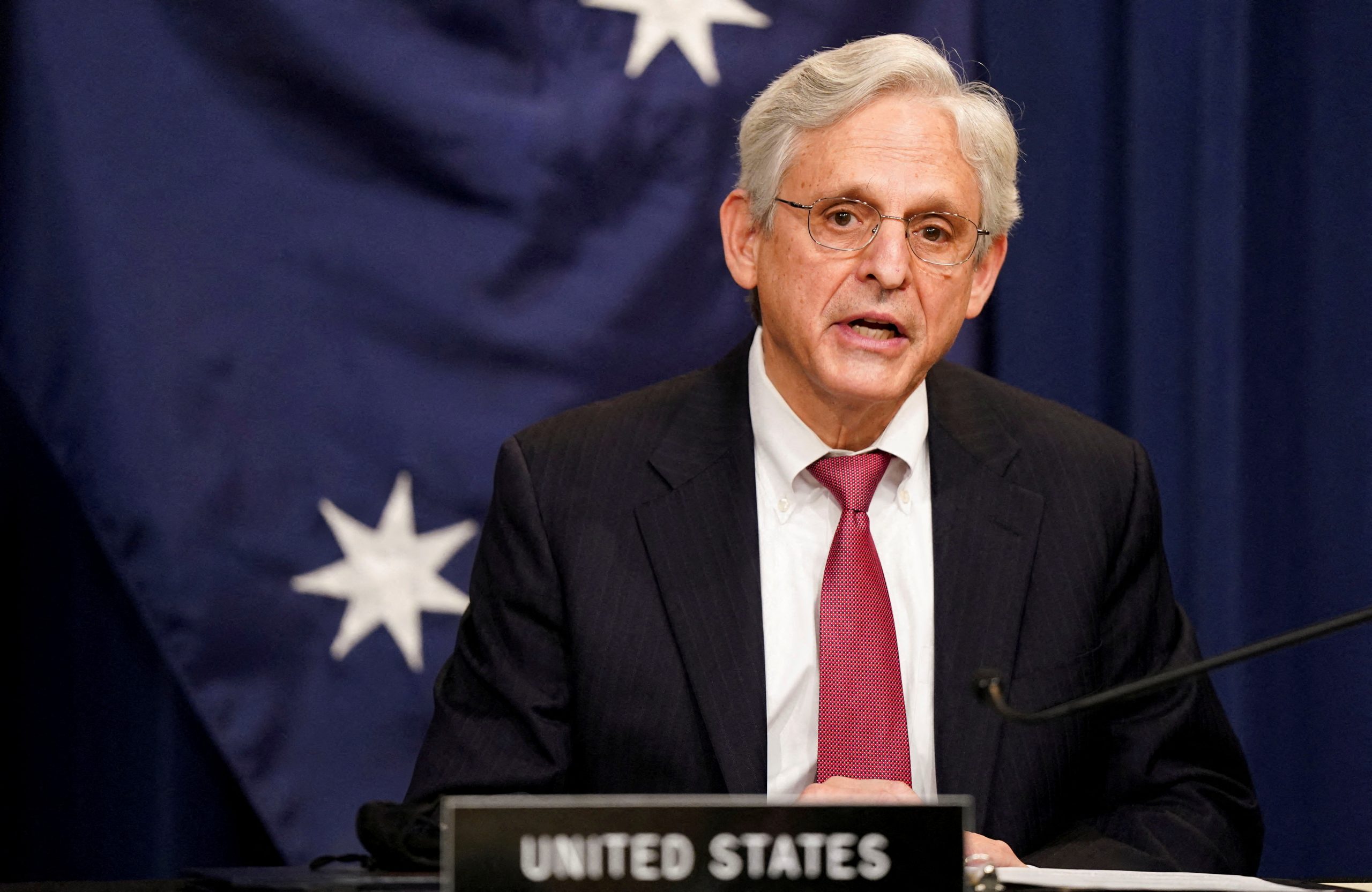
Chris Lange, FISM News
[elfsight_social_share_buttons id=”1″]
General Merrick Garland on Tuesday announced that the Department of Justice will reverse its own legal opinion by not requiring inmates who were temporarily released during the early days of the pandemic to return to prison.
The decision signifies a major reversal for the department’s Office of Legal Counsel which previously said the Bureau of Prisons does not have legal authority to keep prisoners at home once the pandemic emergency has been lifted. The announcement follows months of mounting pressure on the Biden administration from justice reform advocates, activists, and lawmakers to reverse the initial directive.
“Thousands of people on home confinement have reconnected with their families, have found gainful employment, and have followed the rules,” Garland said in a statement. “We will exercise our authority so that those who have made rehabilitative progress and complied with the conditions of home confinement, and who in the interests of justice should be given an opportunity to continue transitioning back to society, are not unnecessarily returned to prison.”
The inmate releases were authorized by former President Donald Trump in March 2020 in response to the advancing Covid-19 pandemic. Under the authority of the $2.2 trillion CARES Act, then-Attorney General William Barr directed federal prisons to increase the use of home confinement in lieu of imprisonment where appropriate and to expedite the release of eligible inmates considered to be at high risk for infection. Priority was given to inmates housed in low- or medium-security prisons. Toward the end of the Trump presidency, the DOJ directed that nearly 3,000 former inmates still serving out their sentences be returned to prison at the end of the emergency period.
In his reversal of the directive, Garland cited a memo issued by the DOJ’s Office of Legal Counsel (OLC) Tuesday which states that the CARES Act provides the Justice Department with the discretion to allow prisoners who remain on house arrest to finish out their sentences at home.
Assistant Attorney General Christopher Schroeder, who penned the memo, said the OLC did not “lightly depart from our precedents, and we have given the views expressed in our prior opinion careful and respectful consideration.”
Schroeder ultimately concluded that the Federal Bureau of Prisons’ “preexisting authorities does not require that prisoners in extended home confinement be returned en masse to correctional facilities when the emergency period ends.”
Kevin Ring, president of Families Against Mandatory Minimums, praised the DOJ’s decision.
“This is excellent news for thousands of people and their families to get before the holidays,” he said in a statement. “There is no way the people on CARES Act home confinement should have been sent back to prison, and we are very grateful to the Biden administration for fixing this mistake. We hope clemency remains on the table for those who no longer warrant home confinement. But for now, today’s decision will ease a lot of concerns and fears.”
More than 35,000 inmates were temporarily released from prison under the CARES Act provided they met certain criteria, chief of which was a determination that they did not pose a threat to others. A majority of those prisoners have already finished serving out their sentences. Among the 4,879 who remain in home confinement, 2,830 were slated to return to prison prior to the DOJ reversal.
